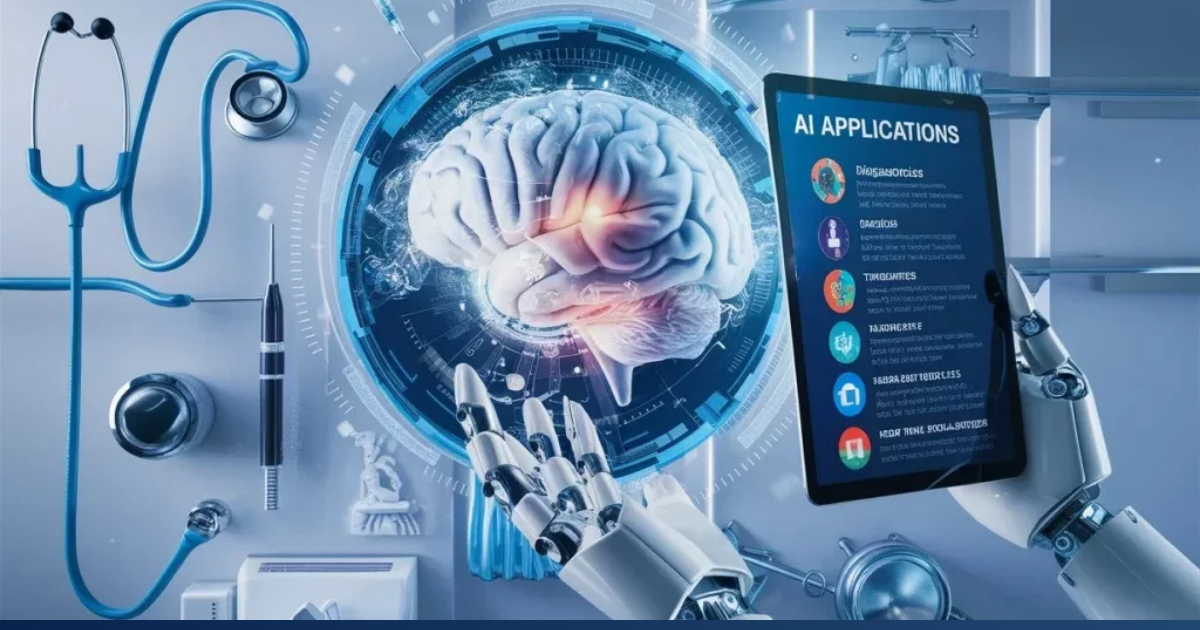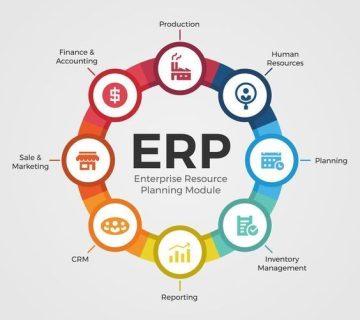I. Introduction: The Potential Unveiled
The transformative potential of healthcare through machine learning, a branch of artificial intelligence, is being unveiled. Patient care undergoes a revolution, driven by data-driven insights. Enhanced diagnostics and treatment methodologies are increasingly reliant on machine learning.
The healthcare landscape undergoes reshaping as it transitions to ML-driven solutions. Predictive analysis, resource allocation optimization, and improved administrative efficiency become integral. The integration of machine learning technologies signifies a significant paradigm shift in healthcare service delivery.
Understanding the impact of ML in healthcare underscores its pivotal role. Diagnostic precision is refined, treatment plans are personalized, and patient outcomes are augmented. The augmentation of healthcare services via machine learning signifies an evolution towards precision and efficiency.
The role of ML in healthcare expands beyond traditional methodologies. Advanced predictive analytics and preventive measures become possible. Embracing machine learning aligns with the healthcare industry’s pursuit of improved services and patient-centric care.
In essence, the integration of machine learning technologies signifies a transformative phase in healthcare services. Its application reshapes diagnostics, treatments, and administrative functions, propelling the industry towards a more efficient and precise future.
II. Machine learning in Healthcare: Diagnostics and Treatment Revolutionized

Diagnostics and treatments witness a dramatic transformation through ML in healthcare. AI-driven systems enhance diagnostic accuracy, facilitating precise and timely identification of ailments. Healthcare enters a new dimension, aiding in early detection and effective treatments.
Personalized treatment plans for patients become possible through the integration of machine learning. By analyzing vast datasets, algorithms tailor treatments to individual patient needs. This approach optimizes healthcare services, ensuring more targeted and effective medical interventions.
Machine learning’s role extends beyond routine diagnostics and treatments, fostering innovation in healthcare. It enables novel approaches to medical problem-solving, empowering healthcare professionals to explore innovative avenues for better patient outcomes.
The impact of ML in healthcare showcases its potential for customized care. Treatments are refined by considering individual patient data and medical history. This customized approach revolutionizes patient care, prioritizing precise interventions for improved results.
In essence, machine learning’s integration significantly amplifies healthcare’s capabilities. It enhances diagnostic accuracy, facilitates personalized treatments, and encourages innovative practices. This transformative impact paves the way for a more patient-centric and effective healthcare landscape.
III. ML for Predictive Analytics and Preventive Measures
Predictive analytics is introduced to the healthcare realm through the integration of machine learning. Professionals can forecast patient outcomes based on historical data patterns. Predictive analysis empowers proactive interventions, enhancing patient care and recovery trajectories.
Healthcare equipped with ML implements preventive measures through data analysis. Analyzing patient data helps identify potential health risks, enabling early preventive actions. This proactive approach minimizes health complications and fosters a culture of wellness and prevention.
Predictive analysis aids in anticipating disease progression, offering insights into disease trajectories. It assists healthcare providers in devising suitable treatment plans. Anticipatory measures based on predictive analytics enhance patient care by addressing issues before they escalate.
The utilization of machine learning fosters a proactive healthcare system. It empowers healthcare professionals to anticipate potential complications and take pre-emptive steps. This data-driven proactive approach signifies a shift towards a more preventative and patient-focused healthcare paradigm.
In summary, machine learning’s role in predictive analytics and preventive measures signifies a paradigm shift in healthcare. Its implementation enables proactive interventions, minimizes health risks, and fosters anticipatory care for improved patient outcomes.
IV. Machine learning and Administrative Efficiency in Healthcare Systems
Administrative processes within healthcare are optimized through the implementation of ML. Automation streamlines administrative tasks, improving operational efficiency across healthcare facilities. This integration reduces manual workload, allowing professionals to focus more on patient care.
Machine learning applications enhance resource allocation in healthcare settings, aiding in forecasting patient volumes
Automated billing systems minimize discrepancies, enhancing financial management within healthcare institutions. This automation ensures a smoother financial workflow, benefiting both healthcare providers and patients.
The utilization of ML systems fosters an agile and adaptable healthcare environment. Its integration promotes continuous improvement and adaptation to evolving patient needs. This adaptability ensures healthcare services remain responsive and efficient amid changing demands.
In essence, machine learning’s impact extends beyond diagnostics and treatments to optimize healthcare operations. Its applications in administrative tasks, resource allocation, and financial management underscore its role in enhancing healthcare efficiency and adaptability.
V.ML’s Role in Healthcare Future: Opportunities and Challenges
In conclusion, modern healthcare practices undergo a revolution through the integration of machine learning. Its applications in diagnostics, patient care, administrative tasks, and resource management signify a transformative shift.
The vast potential of machine learning promises continuous advancements in patient care and treatment protocols. Its ongoing development offers an optimistic outlook for the future of healthcare.
Collaboration and ongoing training within healthcare teams are required to adopt machine learning technologies. Embracing these innovations enables professionals to harness its full potential.
The evolving landscape of machine learning in healthcare demands regulatory frameworks and ethical guidelines. Implementing these ensures responsible and ethical use of these technologies.
In summary, machine learning stands as a pivotal tool, shaping the future of healthcare delivery. Its ethical and regulated integration promises transformative changes, ensuring improved patient outcomes and more efficient healthcare services.
Contact Us Today!



